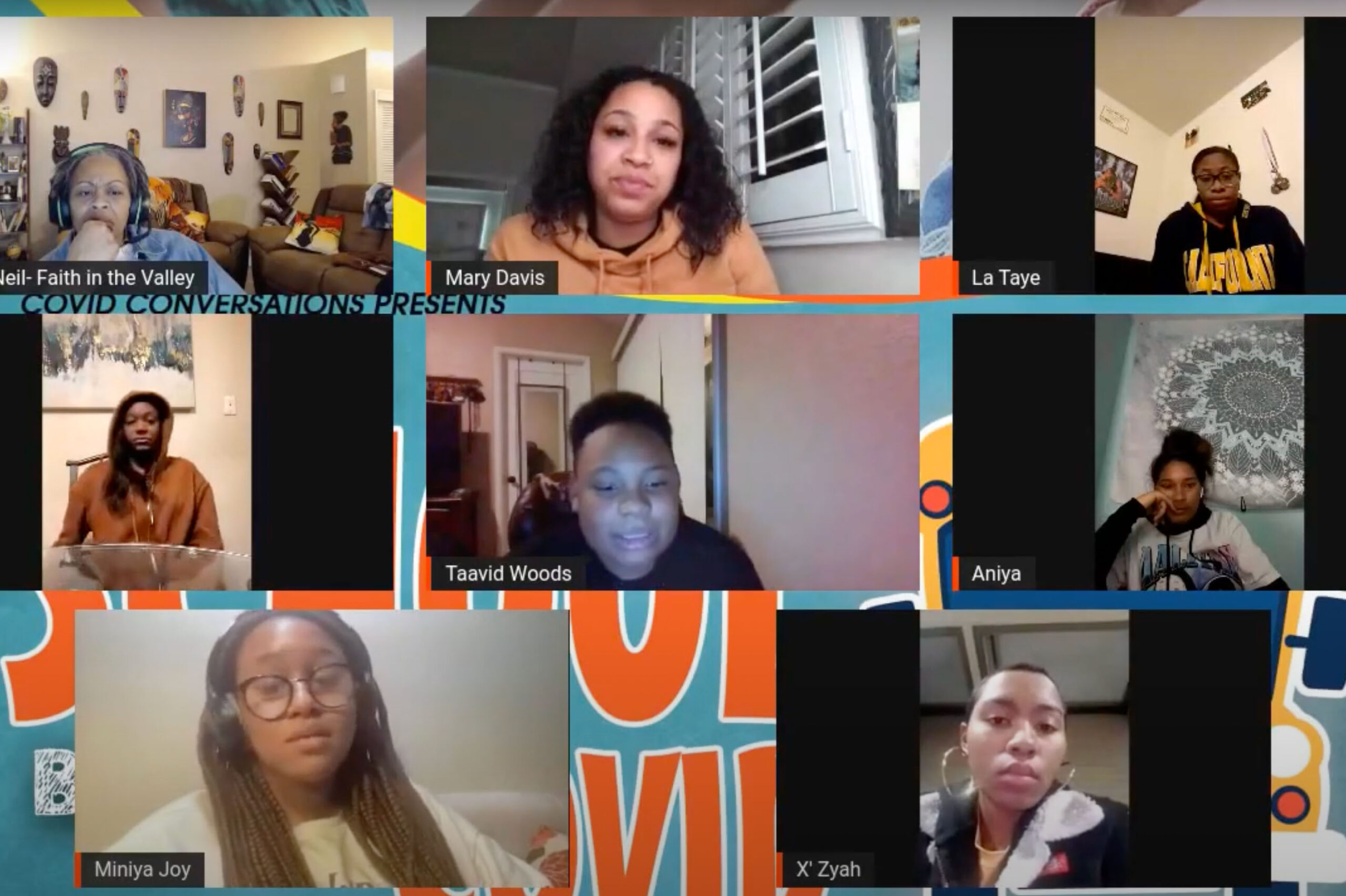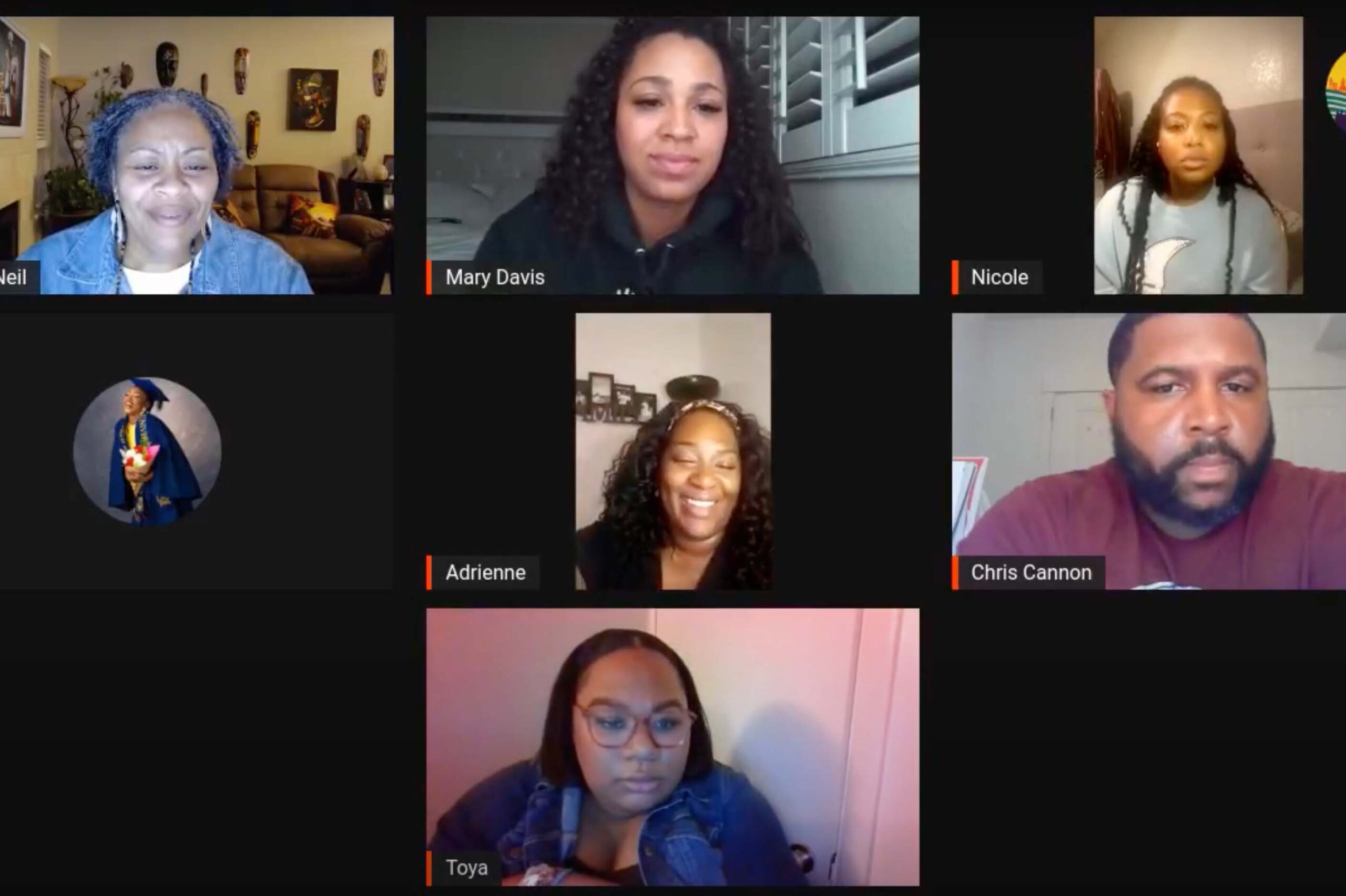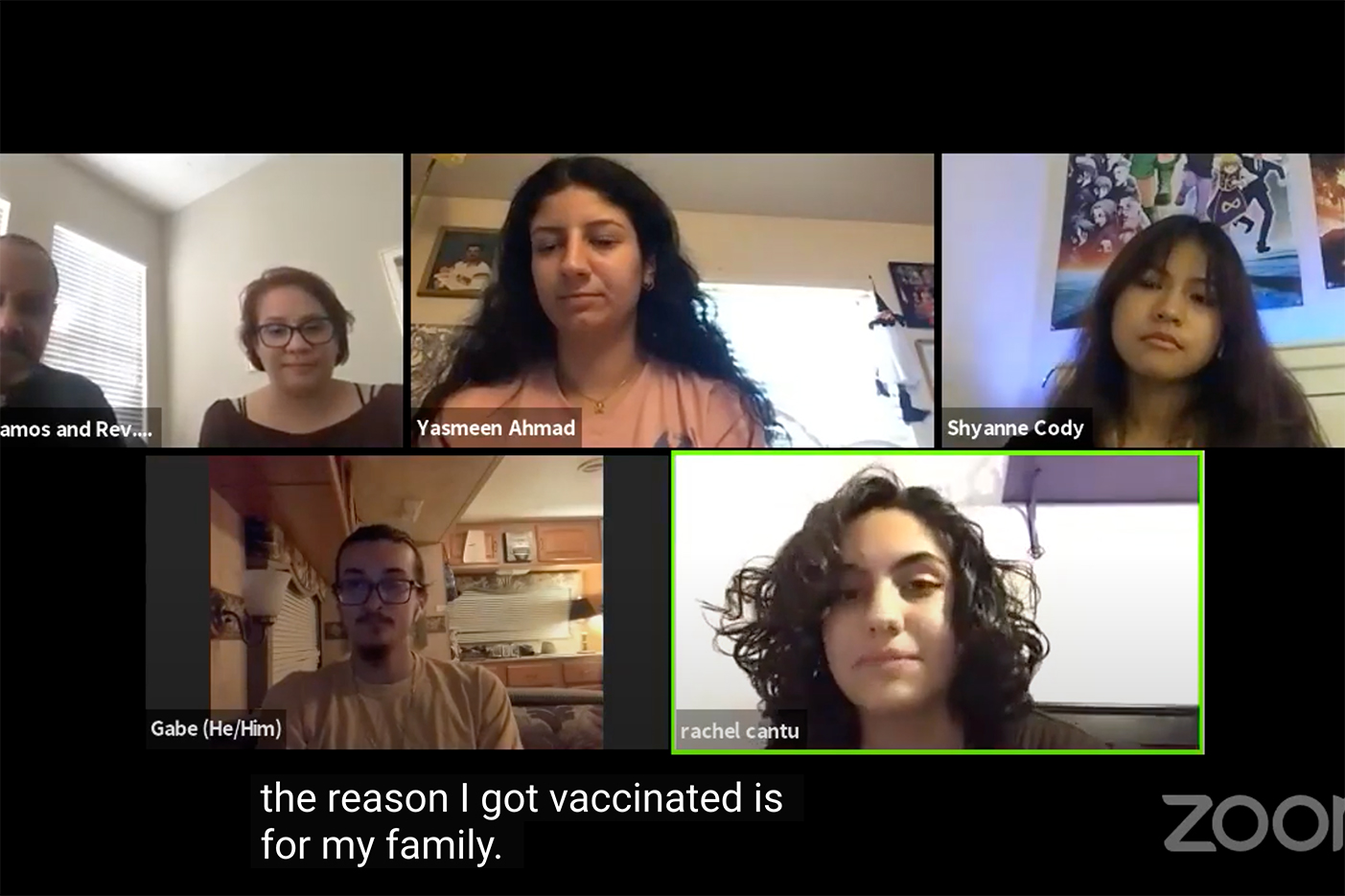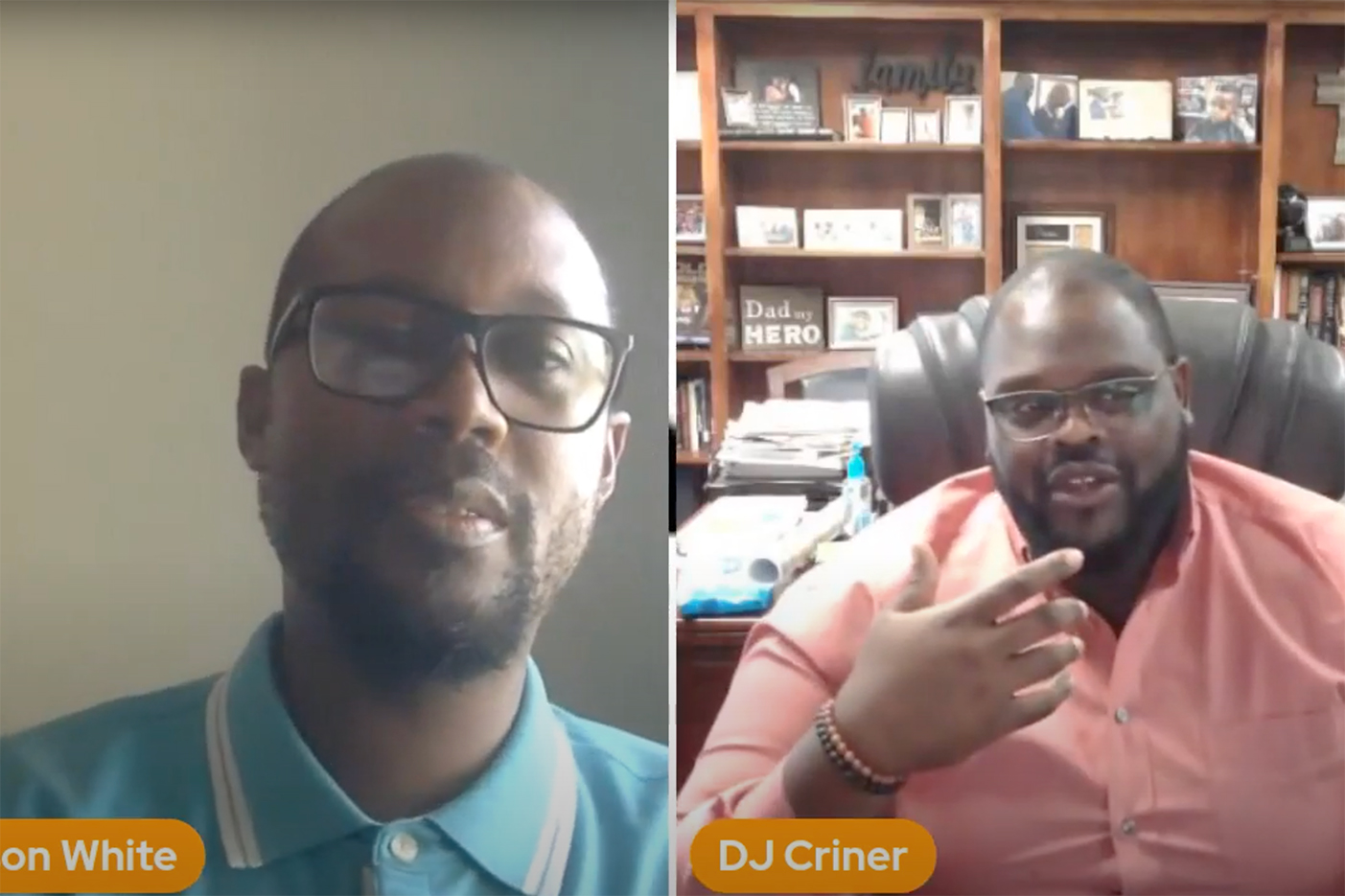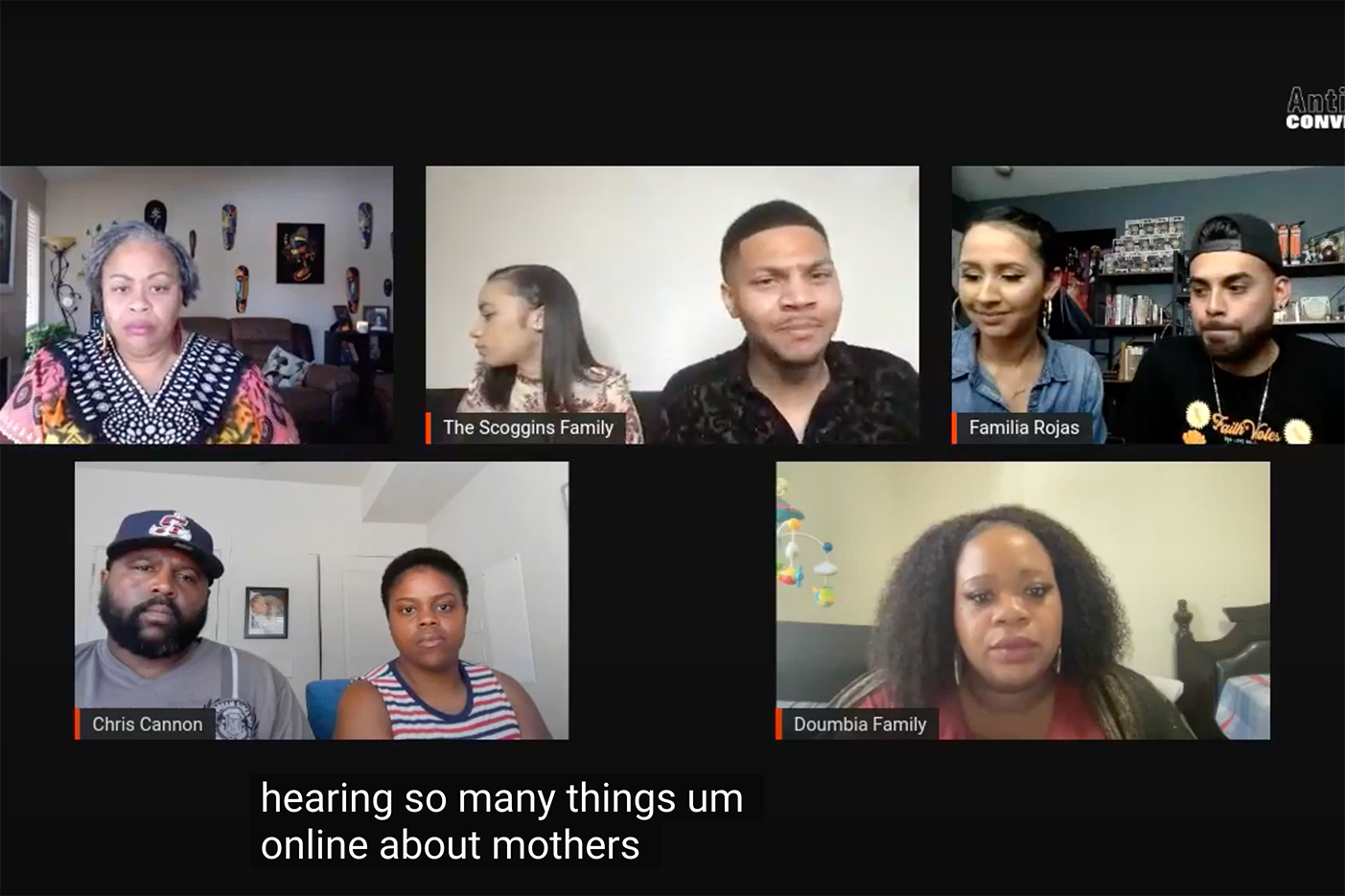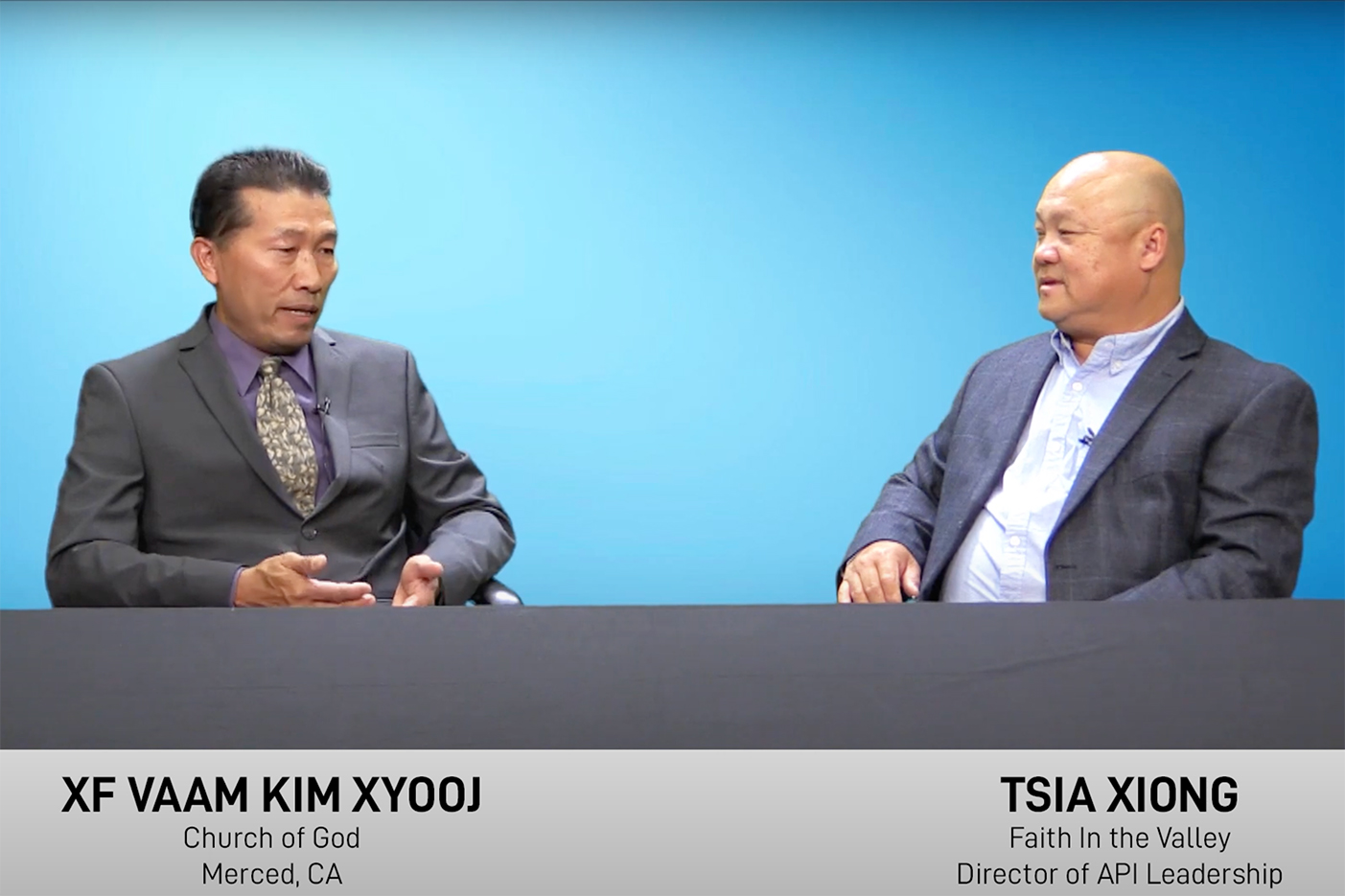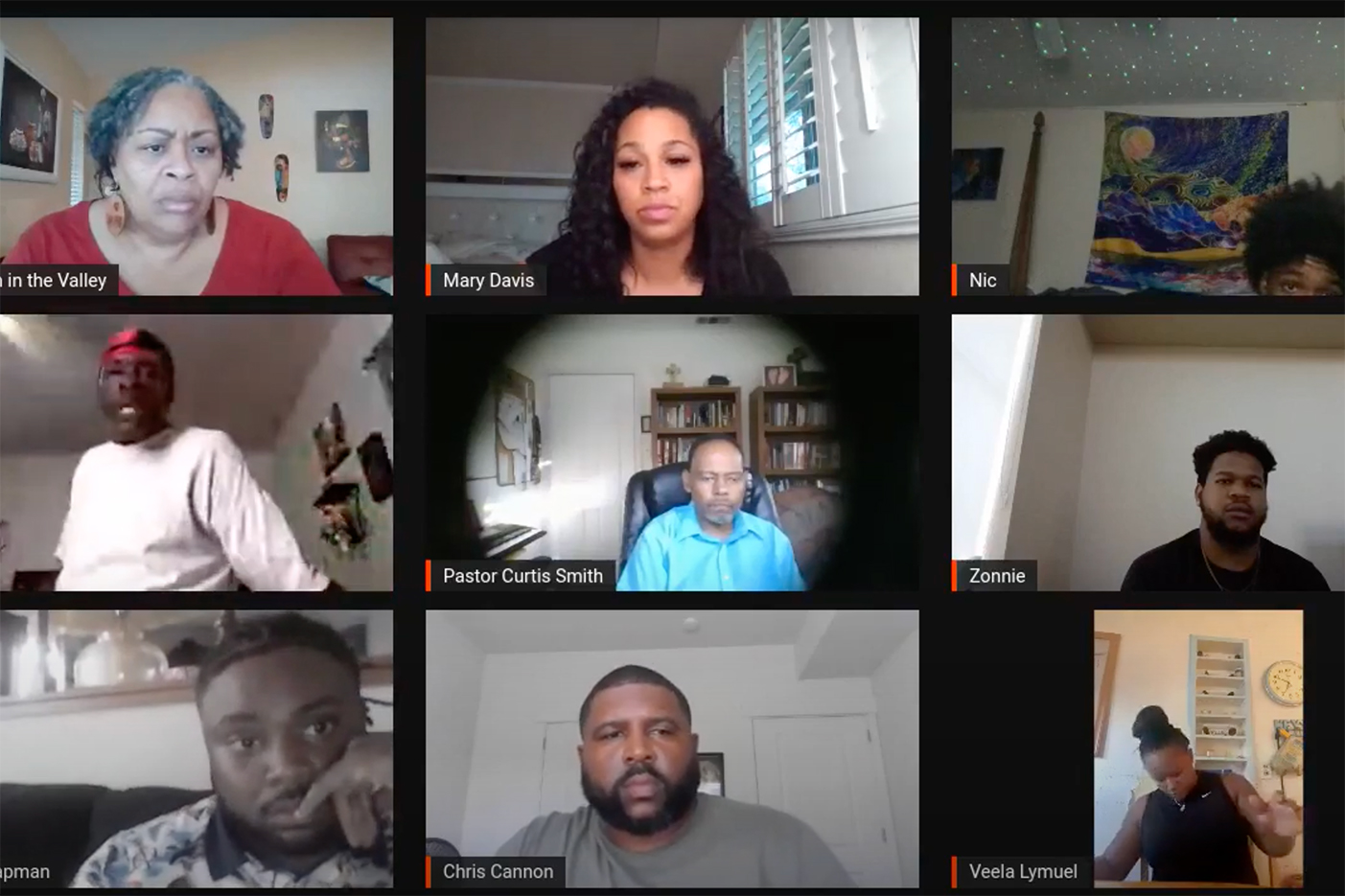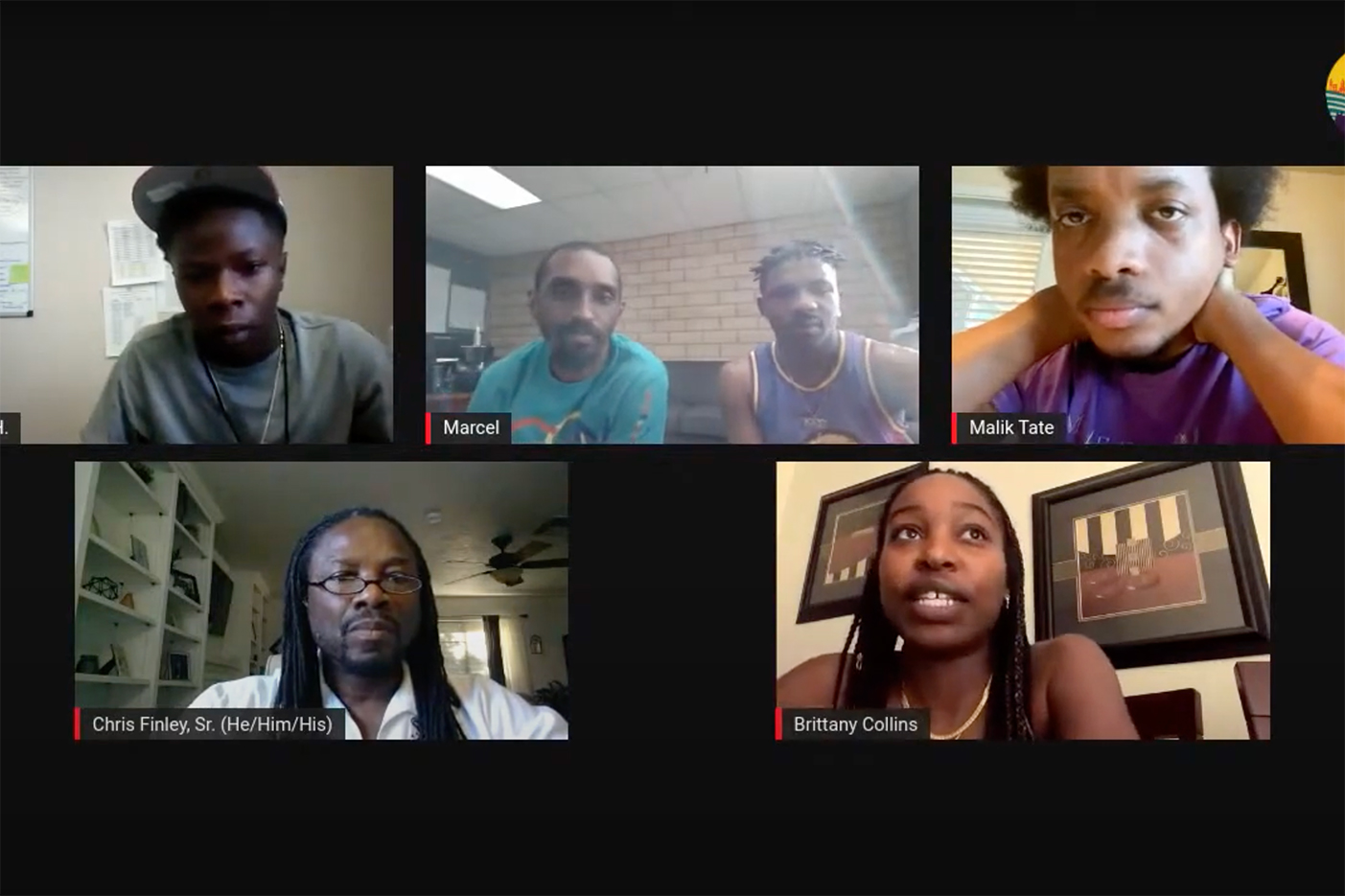Let’s Stay Safe and Keep Our
Faith in the Valley Strong
COVID-19 will not divide us as a community. Our faith in the Central Valley is strong and our faith in God is stronger. Together, we can make it through this pandemic and make sure everyone is receiving the necessary care and attention they need—no matter their race, faith or gender.
At Faith in the Valley, we believe in a society free of economic oppression, racism and discrimination in which everyone lives in a safe and healthy environment, everyone is respected and everyone is included and has agency over the decisions that shape their lives. That’s why it’s important that, during this COVID-19 pandemic, we make sure the people closest to the pain have a voice and get the help they need to weather this health crisis.
We also understand that as a faith community, we are what we need. Our collaboration, cooperation and co-creation during this moment will be the quickest way to prevent this virus from spreading in the Central Valley.
To minimize the spread of the virus, bold, decisive and swift action is necessary to ensure that everyone who lives here is able to get their basic needs met and maintain their dignity. As leaders who collectively work alongside thousands of people across the Central Valley, we urge governments at all levels to continue taking action to protect residents, reduce physical and social dislocation, and promote public health during these extraordinary times.
Together, let’s work to keep everyone safe and our faith in the Valley strong.
If you’re looking for help, use the following as your COVID-19 information and resource center for the Central Valley. If you’re looking to get involved in our coalition, we invite you to join us as we work to keep everyone safe and our faith in the Valley strong.
About the Disease
Coronavirus (COVID-19)
COVID-19 is a new illness that can affect your lungs and airways. The virus that causes COVID-19 is a new coronavirus that has spread throughout the world. Symptoms can range from mild (or no symptoms) to severe illness.
To reduce the spread of the virus, the FDA has now provided emergency use authorization for the Moderna and Johnson & Johnson COVID-19 vaccines and full approval for the Pfizer vaccine. Research shows that FDA-authorized or approved vaccines are effective at preventing COVID-19, but it is still recommended that you take steps to protect yourself and others from the coronavirus. The best way to protect yourself is to get vaccinated and avoid close contact with others.
Wear a cloth face covering that covers your nose and mouth in public indoors settings. Clean and disinfect frequently touched surfaces. Also, wash your hands often with soap and water for at least 20 seconds, or use an alcohol-based hand sanitizer that contains at least 60% alcohol.
What you need to know:
How COVID-19 is spread
You can become infected by coming into close contact (about 6 feet or two arm lengths) with a person who has COVID-19. COVID-19 is primarily spread from person to person.
Practice social distancing
If you must go in person to buy groceries and medicine, go to the doctor or complete banking activities, stay at least 6 feet away from others and disinfect items you must touch.
Prevent the spread of COVID-19 if you are sick
Stay home if you are sick, except to get medical care.
Know your risk for severe illness
Older adults and people of any age who have serious underlying medical conditions may be at higher risk for more severe illness.
Frequently asked questions
How California Is Responding to COVID-19
We are now several years into the pandemic, and the State of California has fully reopened its economy, which means there are no more county tiers, capacity limits or physical distancing requirements. But COVID-19 has not gone away. That means we need to keep taking steps to prevent the spread of the virus. Here are the answers to some commonly asked questions about the current safety measures and how you might be affected.
Coronavirus symptoms and risks
What are the symptoms of COVID-19?
Coronavirus symptoms include:
- feeling like you have a fever
- a new cough
- shortness of breath
The Centers for Disease Control and Prevention (CDC) has more information about COVID-19 symptoms.
Who is most at risk for getting very sick from COVID-19?
Everyone, but some people are more likely to get very sick from COVID-19, including:
- people over 65 years old
- people with compromised immune systems
- people with serious chronic medical conditions
Where can I go to learn more about the virus?
The following websites are the best places to go to learn more about the coronavirus:
Testing and treatment
When should I seek treatment for COVID-19?
Many people are able to recover from COVID-19 at home. Seek treatment if:
- you have difficulty breathing (shortness of breath)
- you feel like symptoms (such as fever and cough) are getting worse rapidly
- you are unable to care for symptoms at home
If you feel any of the above symptoms, call your doctor for a phone evaluation. They will give you guidance on whether or not you should get tested for COVID-19.
What if I feel like I'm coming down with the flu?
The flu is different from a cold, which is gradual. The flu usually comes on suddenly. People who have the flu will often feel some or all of these symptoms:
- Fever* or feeling feverish/chills
- Cough
- Sore throat
- Runny or stuffy nose
- Muscle or body aches
- Headaches
- Feeling tired
- Some people may have vomiting and diarrhea, though this is more common in children than adults.
*Note: It’s important to note that not everyone with the flu will have a fever.
If you have flu-like symptoms, please:
- Stay at home to recover
- Wash your hands with soap and water for a minimum of 20 seconds before touching anyone or anything
- Use alcohol-based hand sanitizer
- Don’t touch your face
- Germs tend to linger. Disinfect door handles, your phone and other surfaces daily.
Staying safe during COVID-19
When should I do if I'm dealing with domestic violence?
Avoiding public spaces and working remotely can help to reduce the spread of COVID-19. But for many survivors, staying home may not be the safest option. We know that any external factors that add stress and financial strain can negatively impact survivors and create circumstances where their safety is further compromised.
If any of the above sound like they may be happening to you or someone you love, here are a few suggestions for survivors that may make this uncertain time feel a little bit safer:
- Create a safety plan
- Practice self-care
- Reach out for help
- For any victims and survivors who need support, the National Domestic Violence Hotline is here for you, 24/7. Call (800) 799-7233 or (800) 799-7233 for TTY, or if you’re unable to speak safely, you can log onto thehotline.org or text LOVEIS to 22522.
How can protect children from abuse and neglect?
Community members play an important role in protecting children from abuse and neglect. If you are worried about the health or safety of a child, call the local CPS hotline for the county where the child lives or find a local child abuse youth victim service provider.
You can call or text the Childhelp National Child Abuse Hotline 24/7 at (800) 4-A-CHILD to speak with a professional crisis counselor who can provide assistance in over 170 languages.
You may also be able to help children and youth who have been abused or neglected by stepping up to serve as a foster caregiver. Please contact your local county’s Social Service or Human Service department, or call the toll-free line at (800) KIDS-4-US.
What about adults suffering from abuse and neglect?
Adult Protective Services: Call (833) 401-0832 24/7 for concerns about adult abuse, neglect, or exploitation.
I've heard some rumors about COVID-19. How do I know which information to trust?
To help the public distinguish between rumors and facts regarding COVID-19, Federal Emergency Management Agency (FEMA) created this resource page.
Here are more trustworthy resources to rely on for information:
COVID-19 Conversations
Throughout the pandemic, our leaders have been holding talks to discuss how COVID-19 has affected our communities and how we can be strong in our response to this crisis. Check out the videos and join the discussion on our YouTube page.

